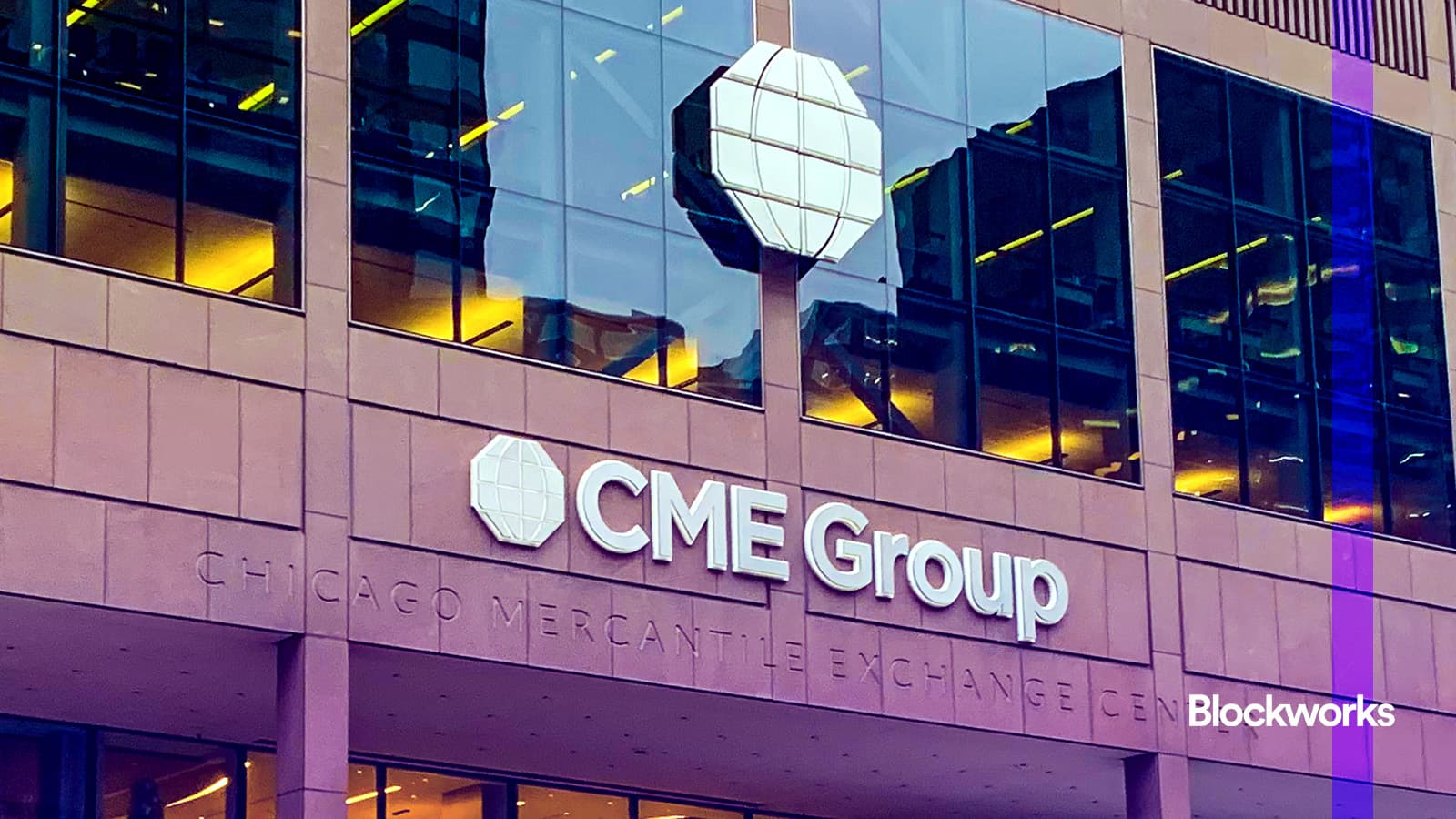Grayscale Backs Chainlink As Backbone Of Tokenized Finance Market
TLDR
- Grayscale calls Chainlink essential for tokenized finance due to its real-world data and cross-chain tools.
- Chainlink powers a $35B tokenized asset market, with only 0.01% of global securities now on-chain.
- Chainlink is integrated with S&P Global and FTSE Russell to support asset tokenization.
- Grayscale filed to convert its $29M Chainlink Trust into a NYSE Arca-listed ETF.
Grayscale Research has named Chainlink as “essential infrastructure” for the future of tokenized finance. In a newly published report, the firm highlights Chainlink’s critical role in enabling secure access to real-world data, powering smart contracts, and supporting interoperability between blockchains. With the tokenized asset market growing and traditional finance exploring blockchain solutions, Chainlink is emerging as a key layer connecting crypto technology with global financial systems.
Chainlink Positioned as Core to On-Chain Finance
Grayscale Research has released a new report labeling Chainlink as essential infrastructure in the growing field of tokenized finance. The report emphasizes that Chainlink enables the secure integration of real-world data into blockchain systems, making the operation of tokenized assets more reliable.
The research highlights that Chainlink’s services address many barriers in blockchain-based finance, including data availability, compliance requirements, and cross-chain communication. These features, according to Grayscale, allow financial systems to move toward blockchain rails without losing the reliability of traditional systems.
Growth in Tokenized Assets and Chainlink’s Role
The report estimates the current tokenized asset market at $35 billion. While this amount only represents 0.01% of the total global fixed income and equity securities market, it shows strong growth from $5 billion in early 2023. Grayscale suggests that further expansion of this market could increase the demand for infrastructure like Chainlink.
Chainlink’s tools, including real-world data feeds and the Cross-Chain Interoperability Protocol (CCIP), are designed to support this transition. The report notes Chainlink’s involvement in interoperability testing with J.P. Morgan’s Kinexys and Ondo Finance. These developments show how traditional finance players are experimenting with Chainlink’s blockchain solutions.
Chainlink Unlocks New Tools for Injective and DeFi
Chainlink’s Data Streams feature has been integrated with Injective, providing ultra-low-latency market data. This allows high-speed financial products such as perpetual contracts and derivatives to operate more safely by avoiding liquidation risks due to outdated prices.
The availability of fast, verified pricing feeds also enables accurate valuation of real-world assets like equities, ETFs, and private securities. This unlocks broader asset coverage and increases liquidity across decentralized financial platforms. Developers using Injective can now directly access Chainlink’s data infrastructure, removing the need for custom solutions and accelerating product development.
Grayscale Moves Toward Chainlink ETF
Grayscale also disclosed that it has filed to convert its $29 million Chainlink Trust into an exchange-traded fund (ETF). If approved, the ETF would trade under the ticker “GLNK” on NYSE Arca and include staking features.
This move suggests that Grayscale sees Chainlink as a long-term infrastructure investment within the blockchain ecosystem. The report refers to LINK, the native token of Chainlink, as offering “diversified exposure” to the crypto infrastructure layer.
Traditional Institutions Begin to Explore Chainlink
Chainlink has formed integrations with major financial data providers such as S&P Global and FTSE Russell. These partnerships are designed to help traditional markets interact with blockchain networks using verified data and secure messaging.
Grayscale believes that these types of connections make Chainlink the “critical connective tissue” between traditional finance and blockchain systems. As more banks and financial institutions explore tokenization, Chainlink could play a central role in bridging the two environments.
The post Grayscale Backs Chainlink As Backbone Of Tokenized Finance Market appeared first on CoinCentral.
You May Also Like

CME Group to launch Solana and XRP futures options in October

Dogecoin Price Prediction For 2025, As Analysts Call Pepeto The Next 100x
